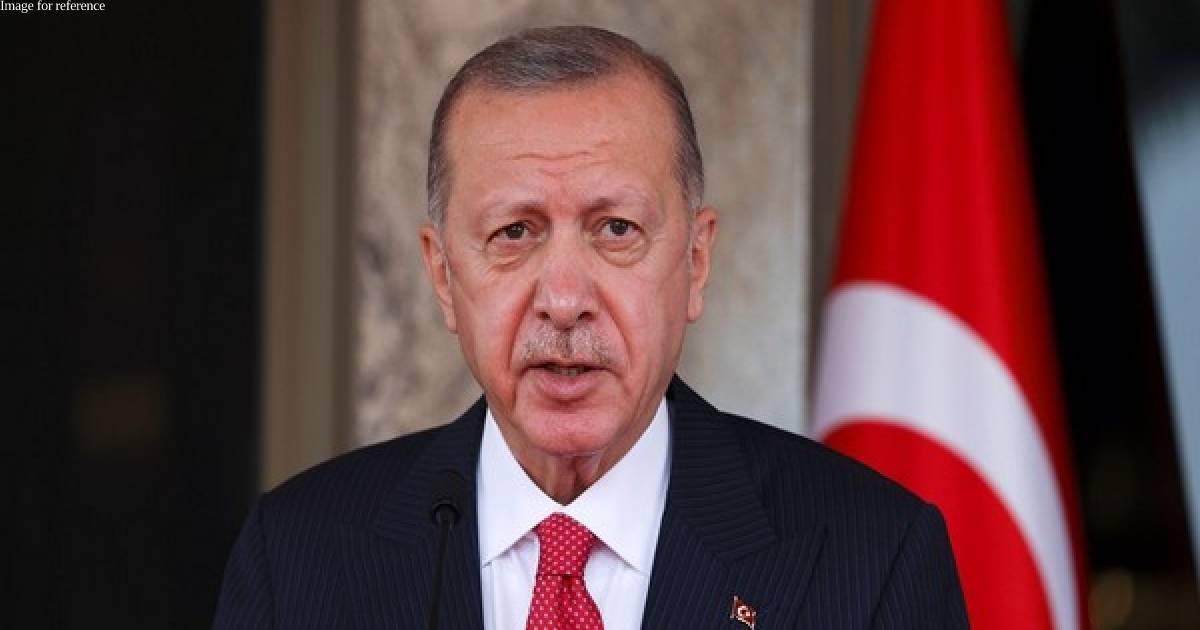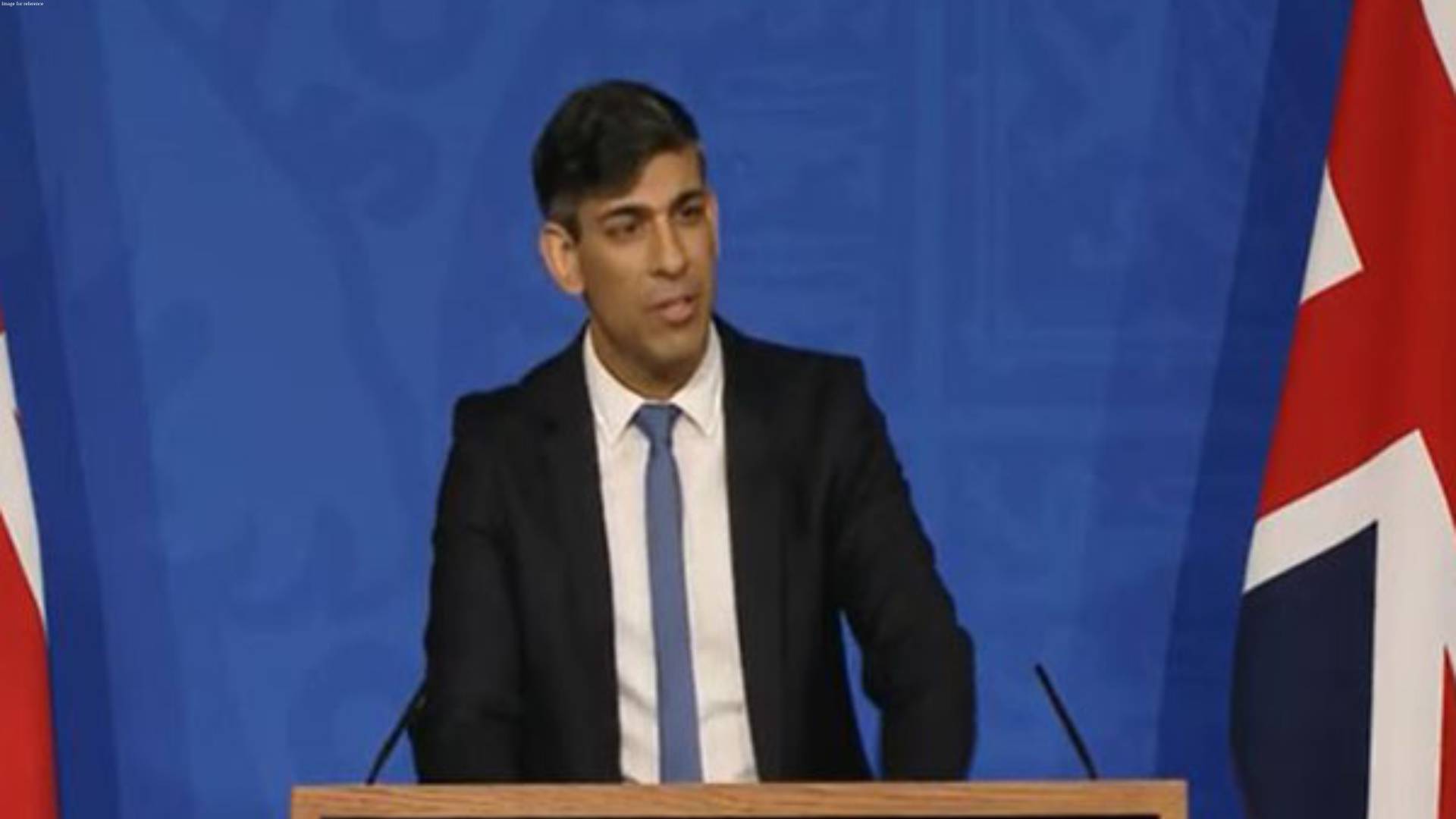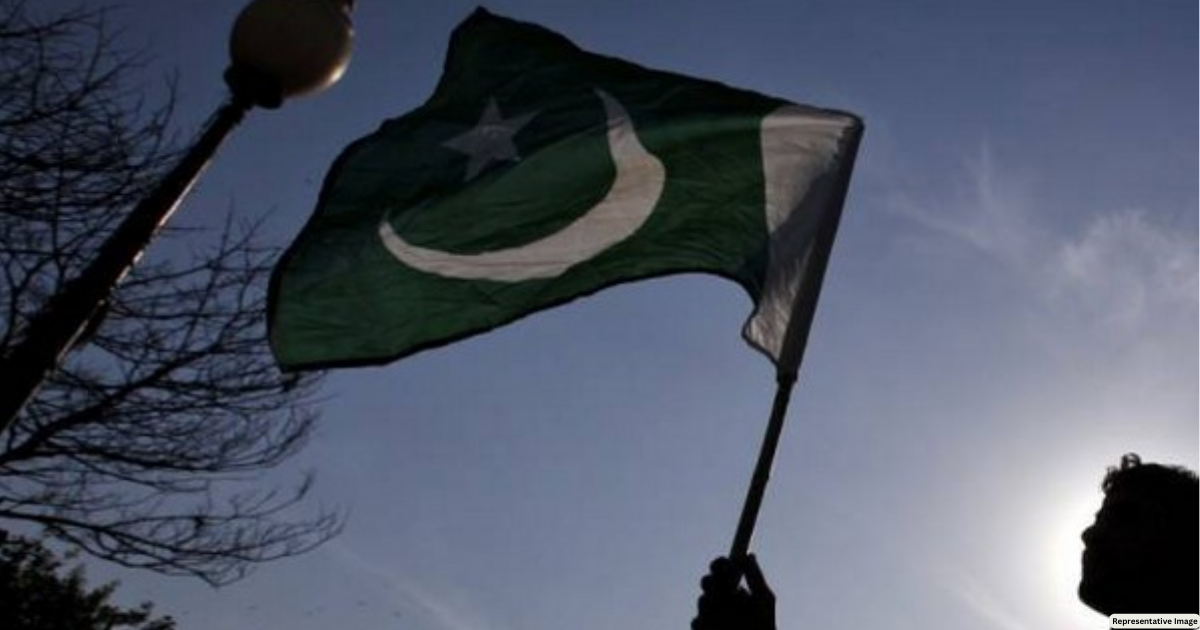Latest News
Turkey's Erdogan renews threats to block NATO bids of Sweden, Finland continues threats against Greece

Nicosia: Once again, the mercurial President of Turkey Recep Tayyip Erdogan has renewed his threats to Sweden and Finland that he would block their efforts to join the NATO alliance if they do not keep their promises they allegedly made to Ankara and has increased even more Ankara's belligerent rhetoric against NATO ally Greece. Speaking to the Turkish Parliament last Saturday, President Erdogan said that Turkey was closely following whether the promises made by Sweden and Finland were kept or not and ominously added, "Until the promises made to our country are upheld, we will maintain our principled position. Of course, the final decision will be up to our great Parliament."
It should be noted that all 30 NATO countries must give the green light to applications by new countries to join the Alliance. So far, all NATO member states, except Hungary and Turkey, have approved or sent the membership bid of Sweden and Finland to their Parliament for ratification.
The Russian invasion of Ukraine has made the two Nordic countries feel vulnerable to a possible Russian attack, and in the biggest shift in European security policy since the end of the second world war, decided to abandon their neutrality and asked to join NATO.
Last May, Turkey announced that it would block Sweden and Finland's bid to join NATO unless these two countries stop supporting Kurdish militant groups operating on their territory, speed up work on Ankara's extradition requests of PKK militants and lift all bans on weapons sales to Ankara.
On June 28 before the start of a NATO summit in Madrid, a deal was reached between Turkey and the two Nordic countries, which undertook to intensify work on the extradition requests and toughen their laws concerning militants.
Despite the deal, Erdogan made it clear that Turkey could block once again the accession of Sweden and Finland by not submitting it to the Turkish Parliament for ratification if Ankara is not satisfied with the way Sweden and Finland implement the agreement.
Erdogan, hoping to extract more concessions from the two countries and the NATO alliance, has once again indicated that Turkey would review the compliance of Sweden and Finland with the deal and if it is not satisfied, it would not send it to the Parliament for ratification.
This year Erdogan made serious efforts to improve Turkey's bad relations with several countries, like Saudi Arabia, the UAE, Egypt, and Israel, but with one notable exception: Greece- Ankara's supposed NATO ally but a country viewed by many Turks as a historic foe.
In recent weeks Turkish Ministers and senior Army officers in a chorus have been accusing Greece of militarizing the Aegean islands close to Turkish shores, in violation of international conventions.
Turkey and Greece for decades are at loggerheads over differences concerning their respective continental shelf - and therefore their energy resources- the Turkish overflights and the status of the demilitarized islands in the Aegean as well as the Turkish invasion and continuing occupation of more than 37 percent of the island Cyprus. The two countries came to the brink of war in 1996 over an uninhabited islet.
Erdogan in a menacing message to Greece last month said, "We can come down suddenly one night when the time comes. They have islands in their possession, they have bases on these islands; if illegitimate threats against us continue based on them, our patience has a limit."
The EU expressed concern over Erdogan's remarks against Greece and urged the two countries to engage in a peaceful dialogue in dealing with bilateral issues that have plagued relations between Athens and Ankara.
Peter Stano, EU foreign affairs spokesman, said, "We are aware of these hostile remarks of the political leadership of Turkey against Greece and the Greek people are a source of concern; they raise really serious concern.''
The U.S. State Department called Erdogan's statements "unhelpful" and repeated that Greek sovereignty over the Aegean islands is "not in question."
The Turkish President is furious because Greece and the US have upgraded their military agreements and defence cooperation and was livid when Greek Prime Minister Kyriakos Mitsotakis last May in an address to the joint session of the US Congress urged Congressmen to block arms sales to Turkey.
Immediately tension between the two countries flared up and Erdogan cut off all bilateral talks with Greece. He started making inflammatory statements insisting that Greece is arming Aegean islands that have a demilitarized status and is committing crimes against humanity in its treatment of refugees.
Last August Turkey claimed that Greek S-300 surface-to-air missiles locked on to Turkish F-16 fighter jets carrying out a reconnaissance mission in international airspace. Greece's military sources dismissed the claim.
Greek Prime Minister Mitsotakis, speaking before the UN General Assembly on September 23 and replying to Erdogan's address a few days earlier, said, "Questioning the sovereignty of Greek territory crosses a red line for all Greeks."
Mitsotakis pointed out that since the 1990'sTurkey has been incrementally building a comprehensive narrative of false claims in the Aegean but the growing intensity of the current threats was particularly alarming.
He stressed that Greece poses no threat to Turkey and is open to settling differences, "in accordance with international law." Turning to the Turkish people, he declared, "We are not your enemy. We are neighbors."
Al-Monitor journalist Fahim Tastekin, writing on the subject, points out, "Erdogan's outbursts against Athens are widely seen as an attempt to turn the tide in a heating rivalry over nationalist votes ahead of crucial elections by June 2023. Popular support for the MHP -- the AKP's de facto coalition partner -- has been melting, while the nationalist Good Party -- the second largest force in a six-party opposition alliance seeking to end Erdogan's rule -- has been on the rise. (ANI)




.png)

.jpg)



.png)

.jpg)


.jpg)
.jpg)
.jpg)



